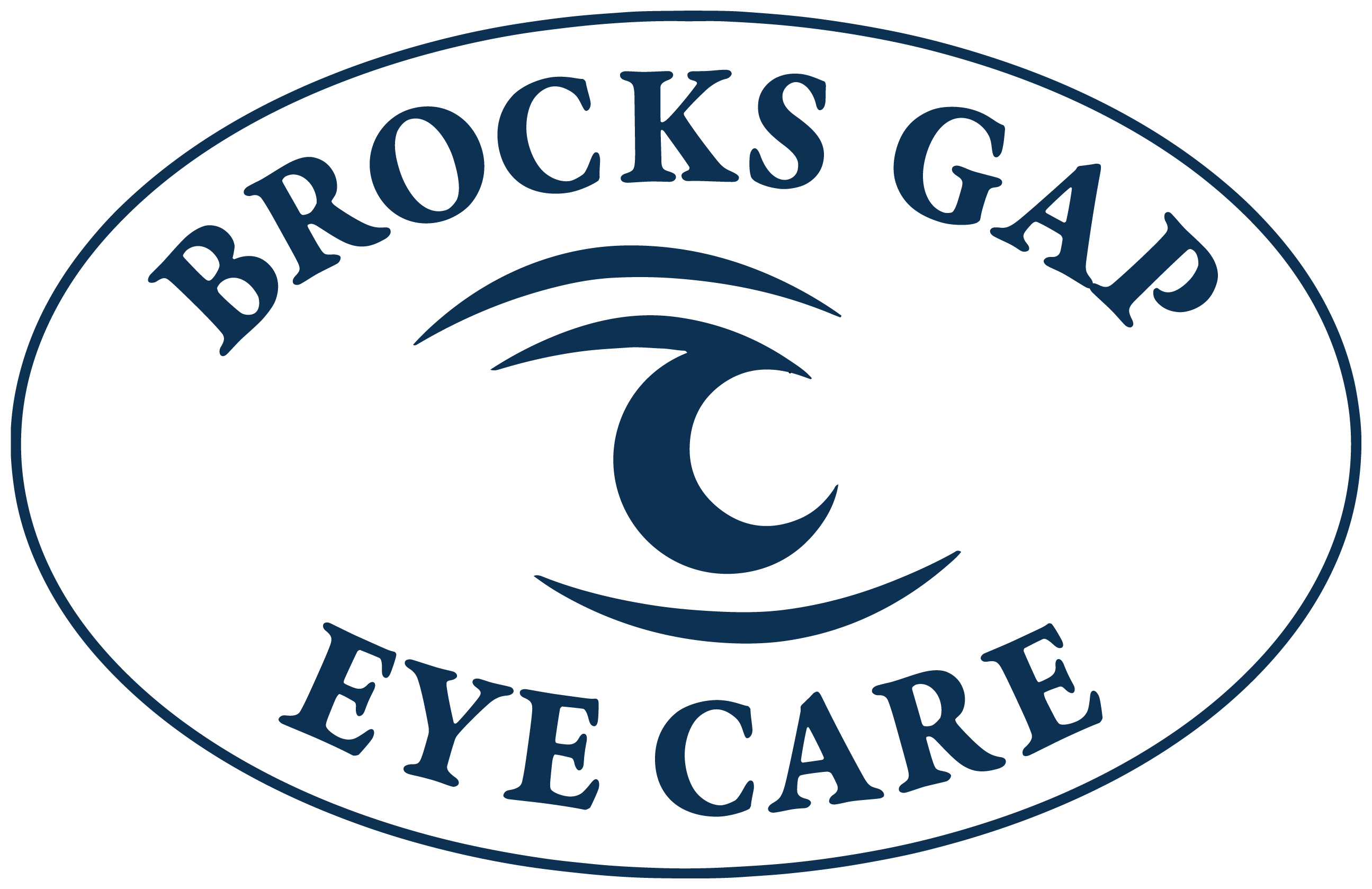Summer Eye Care: 10 Tips for Protecting Your Eyes from Sun Damage
- Inverness Eye Team
- May 11, 2023
- 2 min read
Summer is a fantastic time to enjoy the outdoors, but if you don't take precautions, the sun's UV rays could hurt your eyes. The following advice will help you protect your eyes this summer and prevent sun damage.
Put on sunglasses
The best strategy to shield your eyes from the sun's UV radiation is to wear sunglasses. Look for sunglasses that completely or almost completely block UVA and UVB radiation. It's crucial to get sunglasses that fit well and totally enclose your eyes. Because they filter sunlight from the sides, wrap-around sunglasses are a smart choice.
Wear a Hat
Your eyes may benefit from additional protection if you are wearing a hat with a brim. A baseball cap can shield your eyes from the front while a wide-brimmed hat can filter sunlight from above. Ensure that the hat is comfortable and doesn't obstruct your eyesight.
Use sunblock
Applying sunscreen in the area around your eyes can help prevent skin cancer and protect your eyes by preventing UV damage to your skin. Pick a sunscreen that has an SPF of at least 30, then liberally apply it around your eyes while being careful to keep it out of your eyes.
Skip the midday sun
Avoid being outside between the hours of 10 a.m. and 2 p.m. when the sun's UV rays are at their highest. If you really must go outside, look for cover or put on a hat and sunglasses.
Keep hydrated
Your eyes may become dry and inflamed from dehydration, which may make them more susceptible to sun damage. Stay hydrated by drinking plenty of water and other liquids, especially on hot summer days.
Enjoy Breaks
Take pauses indoors if you're spending a lot of time outside to protect your eyes from the sun. This is crucial if you're doing something like reading or driving that requires a lot of visual focus.
Skip the tanning beds
UV radiation from tanning beds is dangerous and can hurt your skin and eyes. Avoid tanning booths and choose items that help you tan yourself instead.
Keep Your Eyes Clean
Your eyes can become irritated from dirt, sand, and other particles, which increases their susceptibility to sun damage. Use a clean, damp cloth to wipe away any dust to keep your eyes clean by washing your hands before touching them.
Consult an eye doctor
Early indicators of eye damage can be found and prevented with regular eye exams. Make an appointment for an eye exam with your eye doctor if you haven't had one recently.
Understanding Eye Damage Symptoms
The following signs of sun-induced eye damage may present themselves if you experience any of them:
Red, swollen, or painful eyes
responsiveness to light
hazy vision
Headaches
observing floaters or specks
Seek immediate medical treatment if you encounter any of these symptoms.
You can safeguard your eyes from sun damage and safely enjoy the outdoors by using the advice in this article. Remember to protect your eyes by keeping them clean, avoiding tanning beds, wearing sunglasses, a hat, and sunscreen, avoiding midday sun, staying hydrated, taking breaks, and being aware of the symptoms of eye damage.


Comments